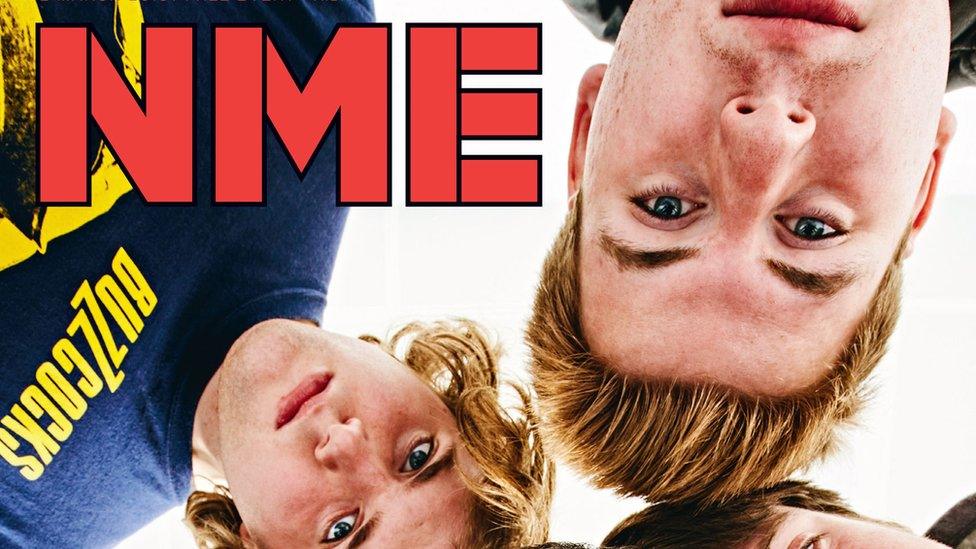How to make it as a music journalist
- Published
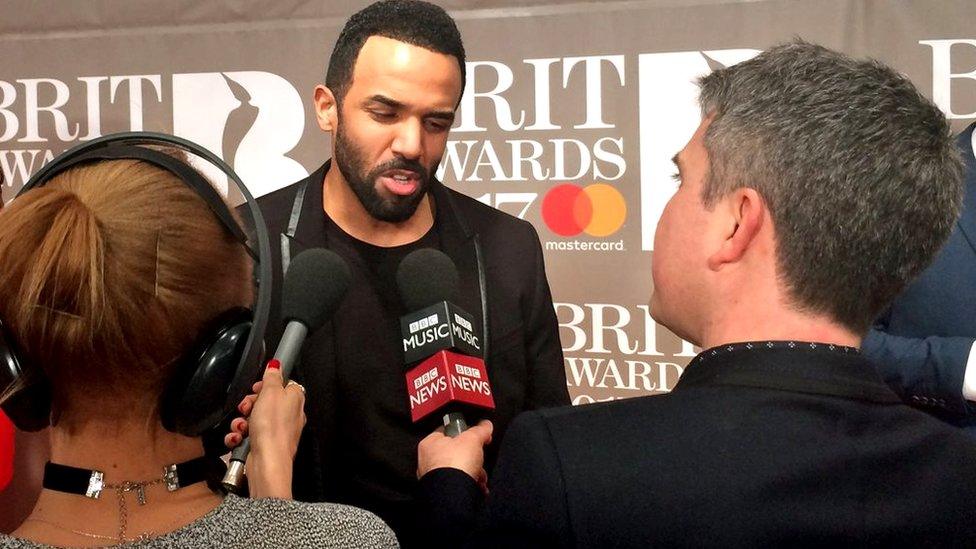
Craig David speaks to music journalists on the red carpet of last year's Brit Awards
Writing and broadcasting about music is a dream job for a lot of young people (and a few failed musicians).
Legendary writers like Lester Bangs, Julie Burchill and Nick Kent helped shape the way we think about music and, in some cases, became as famous as the stars they wrote about.
Music journalism is a notoriously hard industry to break into - and, with magazine circulations in a downward spiral, an even harder one to make a living out of.
But there's still hope... As part of the BBC Music's Biggest Weekend fringe, 6 Music's Elizabeth Alker hosted a debate on the future of music journalism, while offering tips on how to get a foothold in the industry.
Here's some of the advice for aspiring hacks.
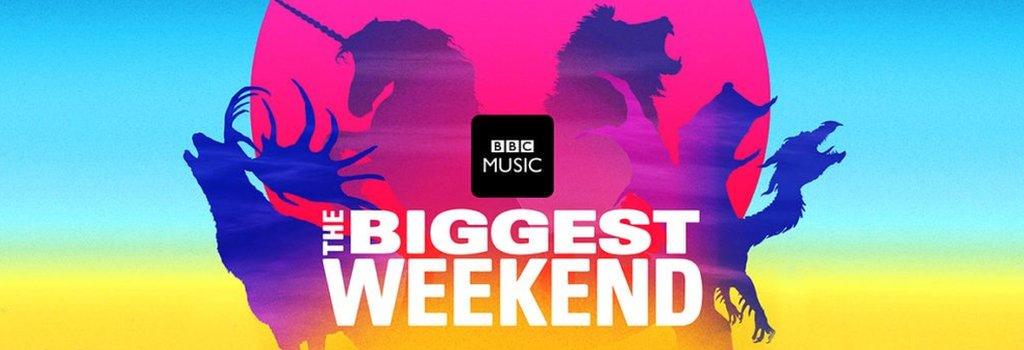
Don't wait to be asked

"Don't tell me you want to write. Write something," says Sean Adams, who founded the websites Drowned In Sound and The Quietus.
"When I started, I didn't ask anyone's permission - I just started a blog.
"I didn't think I was good enough to send something to magazines but for some reason I was arrogant enough to think I was good enough to start a website and people would read it."

Reconsider that journalism degree

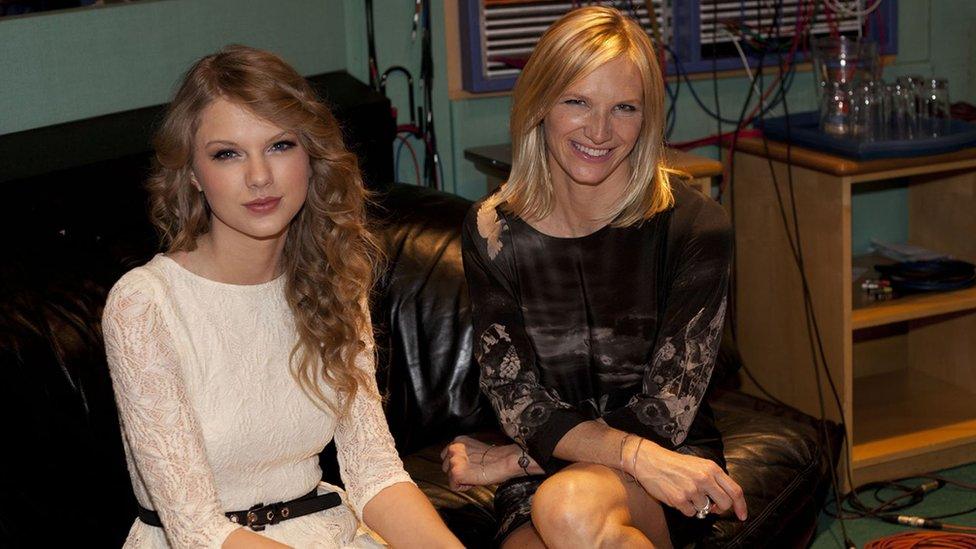
Jo Whiley studied journalism before becoming a broadcaster
As an assistant editor for the NME, Stuart Bailie used to dread the arrival of journalism graduates.
"You would have to de-program them because they were like robots," he says. "You were kind of going, 'Where are the rough edges? Where's the verve? Where's the character?'
"Fanzine writers were always much more fun, because they had already worked out what they liked and disliked."
Photojournalist Ruth Medjber, external, who has shot acts like Miley Cyrus, The Stone Roses and Pink, says studying photography "was the worst decision of my life" because the course offered no practical advice.
"When you're a freelance, you are running your own business," she explains. "You're going to have to do your own marketing, you're going to have to control all your social channels, you're going to have to do all your taxes and your accounts.
"In the end, a marketing or business degree might have been more useful."

Be active on social media


Ruth Medjber has photographer some of music's biggest names, including the Red Hot Chili Peppers (pictured), Pink and Leonard Cohen
"I got commissioned by the New Statesman two weeks ago, because they'd seen a tweet I posted and asked whether I could turn that into an article," says Sean Adams. "That's a whole new world."
Ruth Medjber adds that "Instagram is where I get the majority of my paying work these days".
She adds: "I no longer have to go and pitch or send my portfolio to people. They're just scrolling and they take some of my posts and say, 'Can you turn that into a campaign for us?'"
"Twitter is really important at the minute," says Brian Coney, who has written for Dazed & Confused and The Line Of Best Fit. "I see editors from Bandcamp and Pitchfork and Dazed putting out tweets daily saying, 'We want ideas'.
"The foot doesn't need to be through the door. You just need to have a good idea. It may not pay, but it may lead to work that will pay."

Question the very nature of music journalism

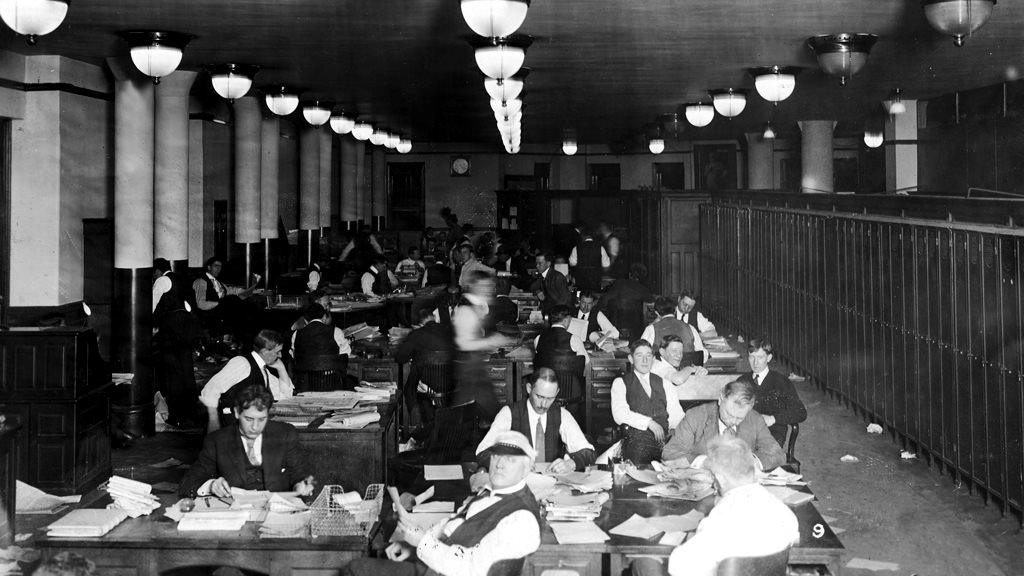
Journalism ain't what it used to be. No-one in this picture is writing a listicle.
As the closure of the NME's print edition made clear, music magazines are under severe pressure. Mojo, Q, Classic Rock, Kerrang and Metal Hammer all saw their circulations decline last year.
Sean Adams says the lack of new "music icons" has hurt the business.
"There aren't as many people to put on the covers of magazines any more," he says. New writers should be thinking about "ideas and concepts and themes" instead of nailing an interview with Coldplay.
"Wired magazine doesn't put Bill Gates or Mark Zuckerberg on the cover very often," he says. "They have ideas on their covers - what are you going to learn from reading this that you wouldn't have known if you didn't buy this magazine?
"Music's been trapped in a bubble of: 'This is what music journalism is'. I wonder how we're going to transition out of it?"

Don't expect your reviews to change the world

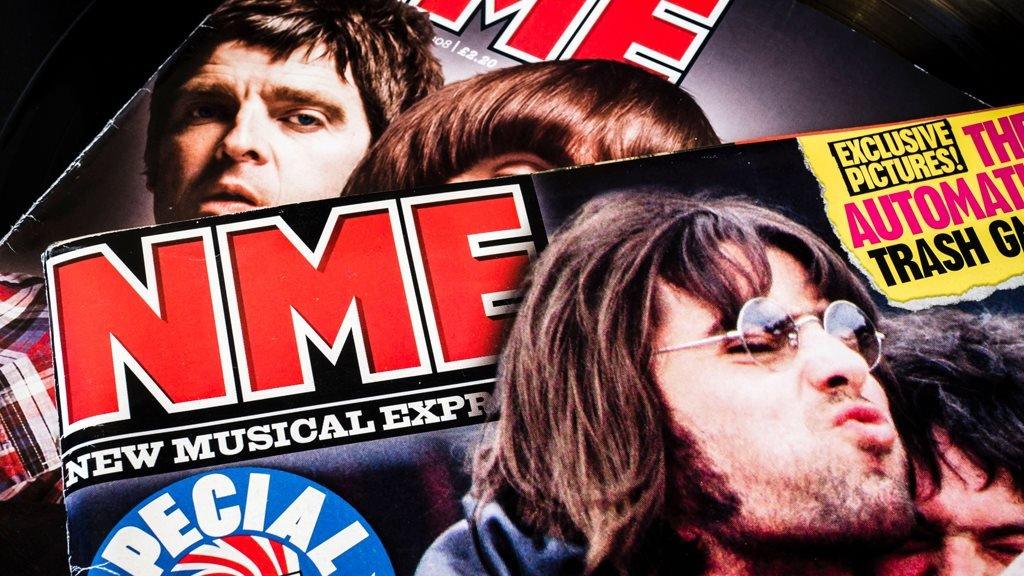
In its heyday, the NME could make or break a band
"The NME got away with murder in the old days because it was on a pedestal," says Stuart Bailie. "A lot of the time somebody would come in with a hangover and write a grouchy review and that would be perceived as the last word on that artist."
He recalled how Irish band An Emotional Fish - who'd been touted as the next U2 - were destroyed by a scathing assessment of their debut album.
"Stuart Maconie wrote 300 words about how crap they were and that one review killed their career," he said. "Literally just stopped it in its tracks.
"Could that happen again? Probably not. But it was great sport."
Nowadays fans can access and assess any song they want, the instant it hits the internet. That makes reviews less essential - but with more than 100,000 new records released every year, people will always need a "trusted guide".
"I can name three or four writers who I will always read because they correlate with how I listen to music," says Brian Coney.
"There's a lot of voices out there - but it always boils down to which one you want to listen to."

Adapt to new media

In the 1980s, Bailie went to London with a portable typewriter he'd bought in Boots, and hand-delivered his reviews to the editors at Melody Maker and the NME.
But these days, journalists need to be proficient not just in writing, but photography, video editing, podcasting, social media and a whole raft of other skills.
Diversifying is important because, as Sean Adams notes, "there are only about 20 full-time music journalist jobs" available.
Ruth Medjber says the same is true of photojournalism. She supplements her income with corporate jobs because "there's simply not enough work" in music photography.
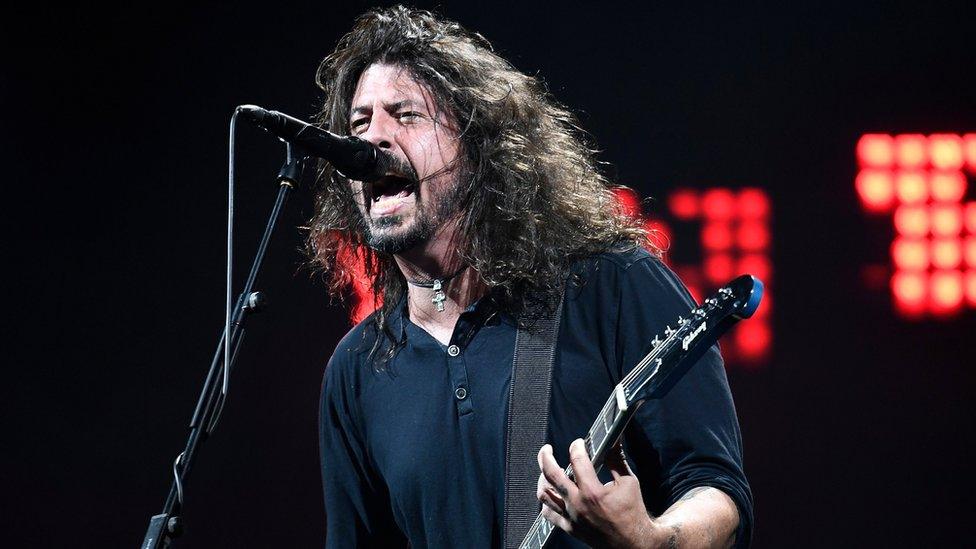
Foo Fighters' Glastonbury set was reviewed live on Twitter
In addition to his two websites, Sean also runs a record label, takes freelance writing jobs and runs BBC 6 Music's social media accounts. He says it's important to understand the unique properties of every platform.
At Glastonbury last year, for example, he asked 6 Music's followers to review the Foo Fighters' headline set in emoji., external
"It's using the platform for what it's designed for," he explains. "Some people can be very expressive.
"It wasn't just the poo emoji. They were much more considered responses. For 11 o'clock at night, for people who'd had a few drinks in front of the TV, it was a really entertaining thread of people's responses to a mainstream headliner at a festival."
Still, the thread prompted a furious response from Danny Baker, who fumed: "Nick Kent once wrote a 3,000 word review of Bowie in concert for the NME. Seriously. We're here now?"
Sean replied with a picture of a handbag.

Follow us on Facebook, external, on Twitter @BBCNewsEnts, external, or on Instagram at bbcnewsents, external. If you have a story suggestion email entertainment.news@bbc.co.uk, external.

- Published7 March 2018
